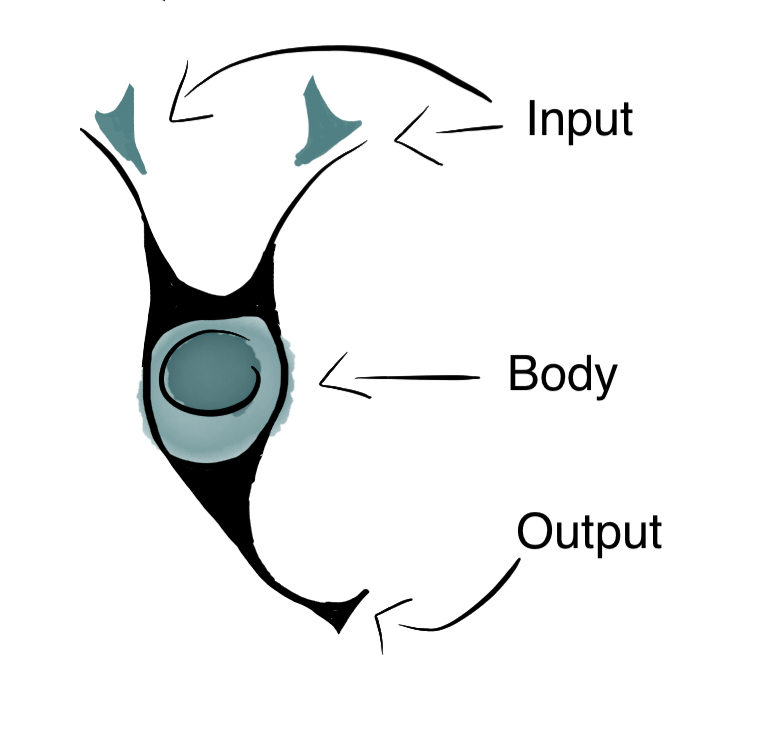“The brain puts things together, then it puts those things together.” – Dan Coyle
In a nutshell:
Neurons form the foundation of the brain and nervous system. Neurons store information and link information to action. The capabilities and limitations of neurons provide the baseline capabilities and limitations of the brain.
Memories are stored in the connections between neurons. All knowledge is stored and accessed through associations.
“To attain knowledge, add things everyday. To attain wisdom, remove things everyday.” – Lao Tzu
Neurons provide the capability to develop both knowledge and wisdom. Connections between neurons store associations (penguins associated with Antartica, lions associated with Africa). The strength of individual connections stores context based information priorities (my winter jacket is important in Pennsylvania in December, my winter jacket is not important in Pennsylvania in July).
Neurons provide the human brain with the ability to both store a broad range of information related to any given topic or situation and also prioritize selected bits of information.
The tendency for “learning” is to increase knowledge, or the amount of stored associations.
Wisdom, the effective use of knowledge, is dependent on removing distractions and focusing only on relative information for the current context.
One Purpose:
Consolidate information to generate action.
Two functions:
1) Link information.
2) Prioritize information.
Three Parts:
1) Inputs (dendrites)
2) Body (soma)
3) Output (axon)
Links:
“Neurons that fire together, wire together.”
– Associations are stored in links between neurons (usually synapses, sometimes direct connections).
– Synapses have a gap. Information is transmitted across the gap using proteins (neurotransmitters are released by axons and detected with receptors on dendrites).
Priorities:
The best description I have found on the dynamics and complexity of the neuron can be found here: The Non-Science of Transcendence
– Myelination, receptor density, neurotransmitter concentrations and hormones all produce context specific prioritization of information.
Information sources:
– Principles of Neural Science
– The Non-Science of Transcendence (excellent article on the complexity of the neuron)
